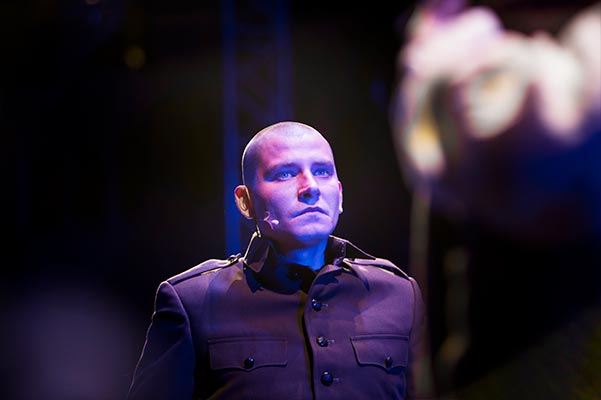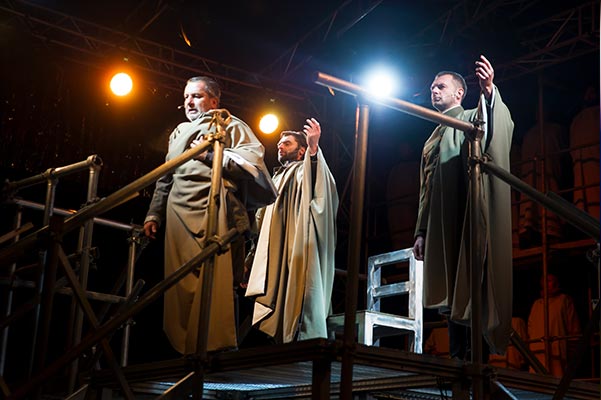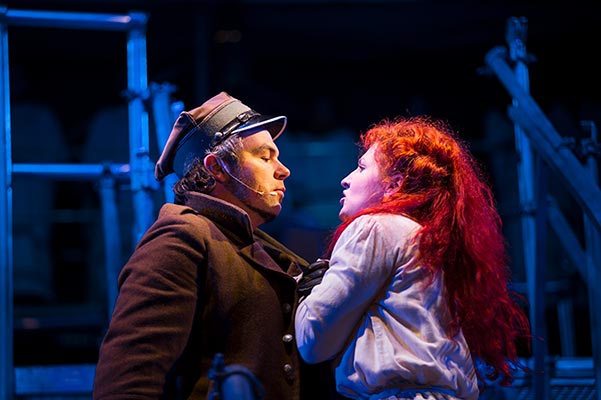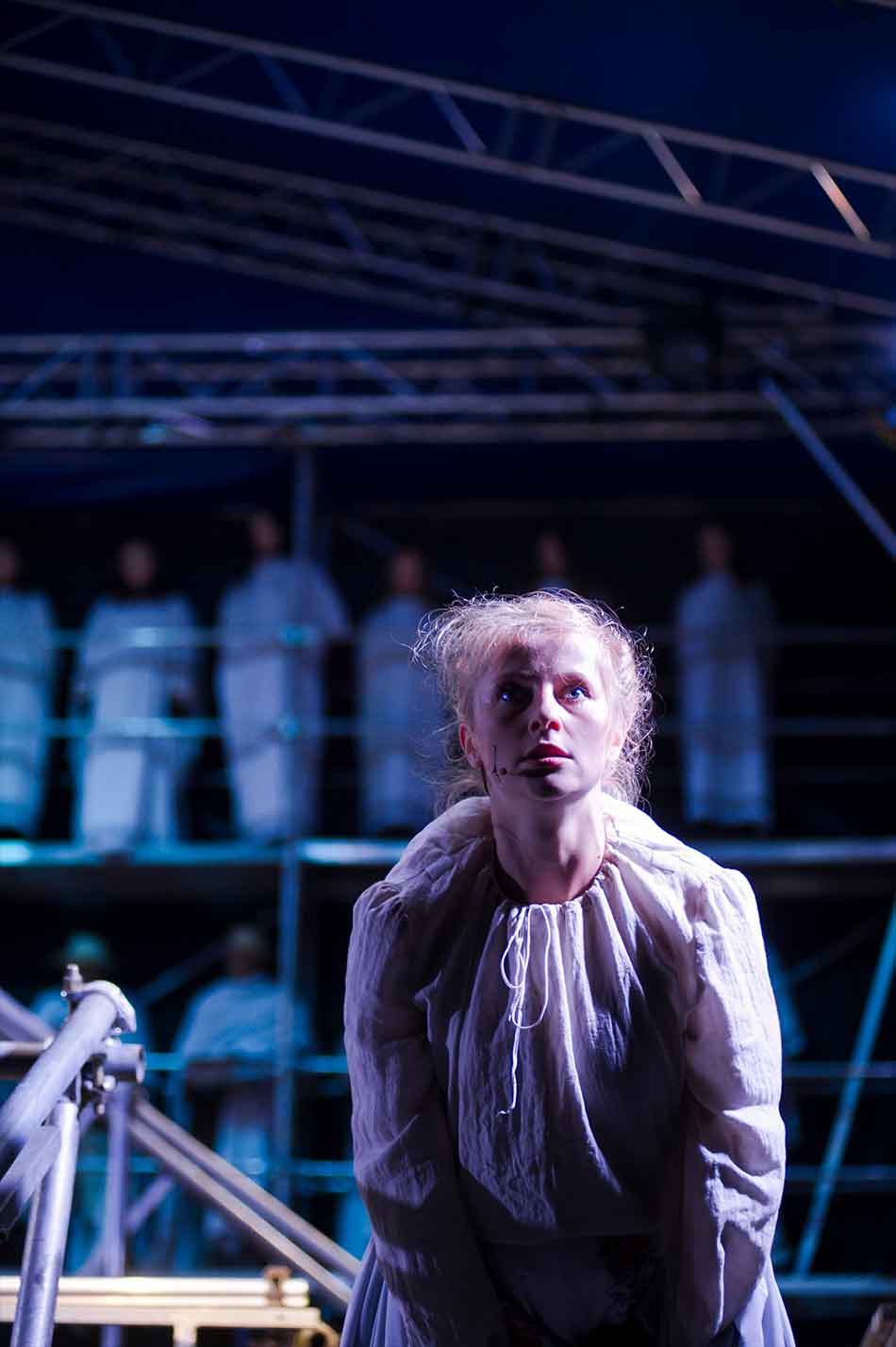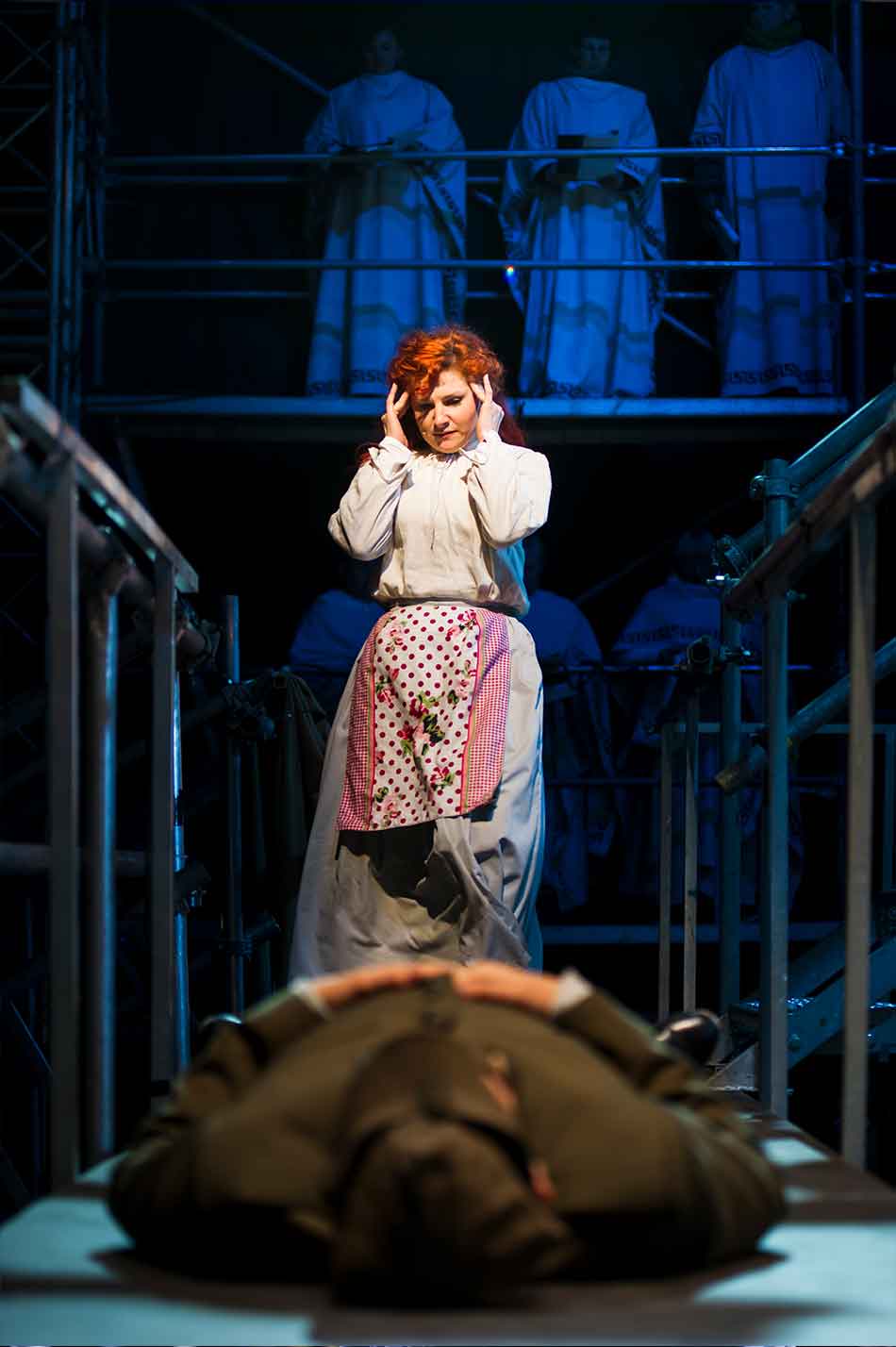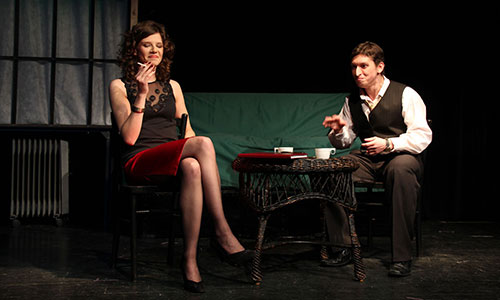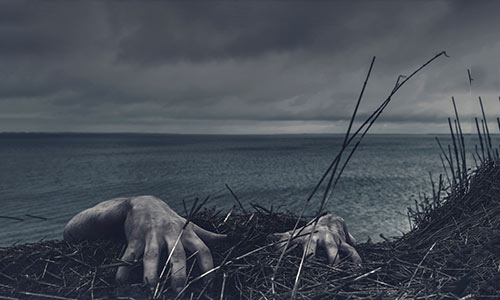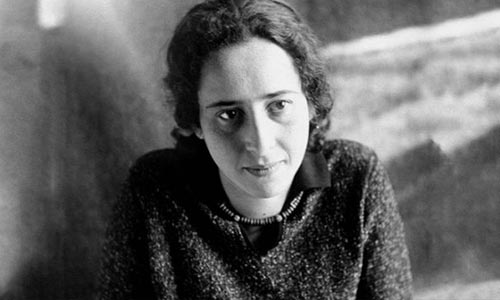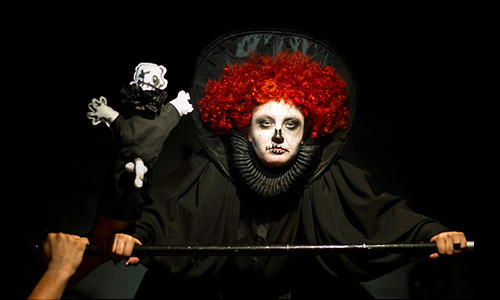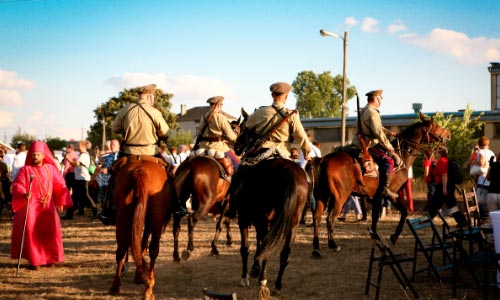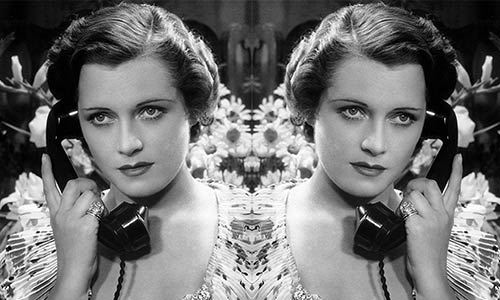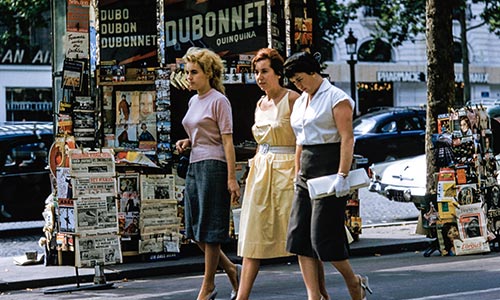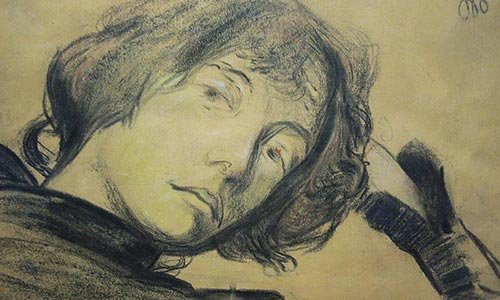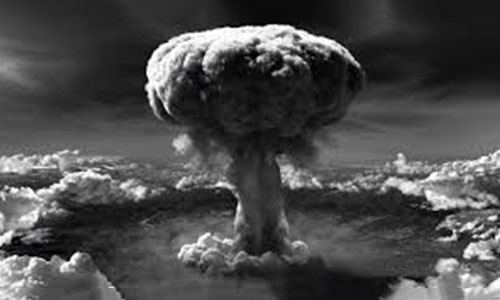Sir, can’t we just move the border posts at night? The border has cut my field in half! How am I supposed to harvest my potatos?”
Antigone in Krynki
year: 2014
staging: Dramatic Theatre in Białystok, under a changed title “Antihone”
director: Agnieszka Korytkowska-Mazur
photos: Bartek Warzecha
← home
Krynki, in which my Antigone takes place, is a wronged town. Before I started working on “Antigone in Krynki” (which was staged under a name “Antihone” with a typical Belorussian “h”), I had just finished writing “Hannah Arendt doesn’t love me”. The title of the play refers to the words Hannah Arendt wrote to Gershom Scholem in a letter from 1963, right after her book “Eichmann in Jerusalem” had been published. Scholem accused Arendt of lack of Ahabath Israel – love for the Jewish nation. Arendt responded with: “I have never in my life “loved” any people or collective — neither the German people, nor the French, nor the American, nor the working class or anything of that sort. The fact is that I love “only” my friends and the kind of love I know of and believe in is the love of persons.”
History will repeat itself, until people start learning from it.
In a way, “Antihone” takes up the subject of this Arendtian lack of love towards a nation or community. The protagonists of “Antihone” love not the nation or the country, but the land of their fathers, in which their ancestors are buried, the land that feeds them with its crops, and on which their family homes were built. “I’m a local” – Ksenia, a Polish woman of Orthodox faith, says about herself during an interrogation. In times, when the governments and the authorities changed every so often, and the countries underwent changes, the only determinant of identity was the land on which one lived, the fields farmed for generations, the history of roots of one’s family with the orbit of neighbors, but only the next door ones. “Antihone” takes up the subject of moving the borderlines, of tragic choices and top-down directives concerning nationality that took place in Poland, in Krynki and its neighboring towns, on the border with the Soviet Union in 1947.
We are Polish and Catholic. We believe in God. When it was necessary we beat up the Jews, but to kill? It is a sin. Although it was the Jews who sentenced Jesus…
I wrote “Antihone”, because I can identify with Marci Shore’s words: “If history has no primary meaning of its own, then writing it down has. And this meaning, let’s call it the moral objective, consists in nurturing our ability to make imagination leaps – into the minds and lives of others – i.e. nurturing empathy and compassion.
That’s funny. Your last name is Belorussian, you live on Soviet land, but you’re saying you’re Polish. Let me ask you again. Who are you?
texts fragments for download:

